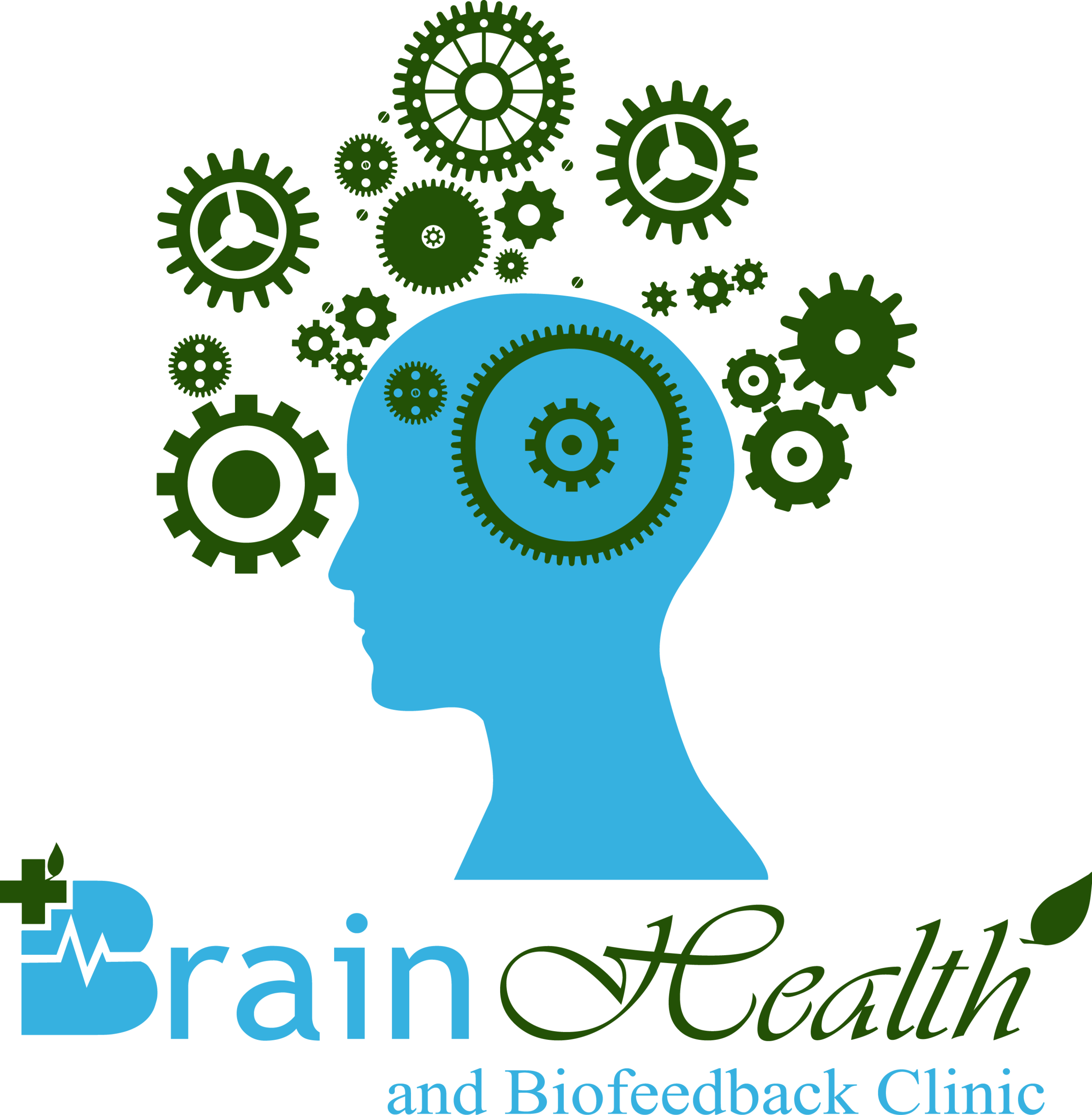Heart Rate Variability (HRV) Training
🌿 Heart Rate Variability (HRV) Training
What Is HRV?
Heart Rate Variability (HRV) refers to the subtle changes in the time intervals between heartbeats. Unlike a metronome, the human heart naturally speeds up and slows down from moment to moment. This variability is a powerful indicator of how well your autonomic nervous system is functioning.
Why HRV Matters
Your autonomic nervous system controls essential functions like heart rate, blood pressure, digestion, and respiration—without conscious effort. It has two branches:
Sympathetic (Fight or Flight) – activated during stress or danger.
Parasympathetic (Rest and Digest) – active during relaxation and recovery.
HRV reflects the balance between these two systems. In chronic illness or after head injury, this balance is often disrupted. HRV training helps restore it, supporting healing and resilience.
The Heart-Brain Connection
Did you know that up to 95% of the signals along the vagus nerve travel from the heart to the brain? These signals influence the thalamus, the brain’s timing center, which plays a key role in memory, focus, and emotional regulation. By improving HRV, we help the brain re-establish healthy rhythms—like a conductor guiding an orchestra.
HRV for Peak Performance
HRV training isn’t just for recovery—it’s also used by elite athletes and high-performing professionals to:
Monitor stress and recovery.
Enhance focus, calm, and mental clarity.
Enter “the zone” for optimal performance.
What to Expect in a Session
At our clinic, HRV training is a core part of neurotherapy. During a session:
You’ll relax in a recliner.
A small sensor clipped to your ear monitors your HRV in real time.
You’ll receive gentle guidance to help you influence your HRV—supporting healing, brain timing, and emotional balance.
HRV training and assessment’s result using the application HeartMath & Inner Balance.
This is why HRV training results in:
Reduced anxiety
Lower blood pressure
Improved mood
Improved memory and cognitive performance
Better physical stability
Research showing improved outcomes in TBI (traumatic brain injury)
In fact, studies show similar positive effects to those of advanced meditators or yoga practitioners.

